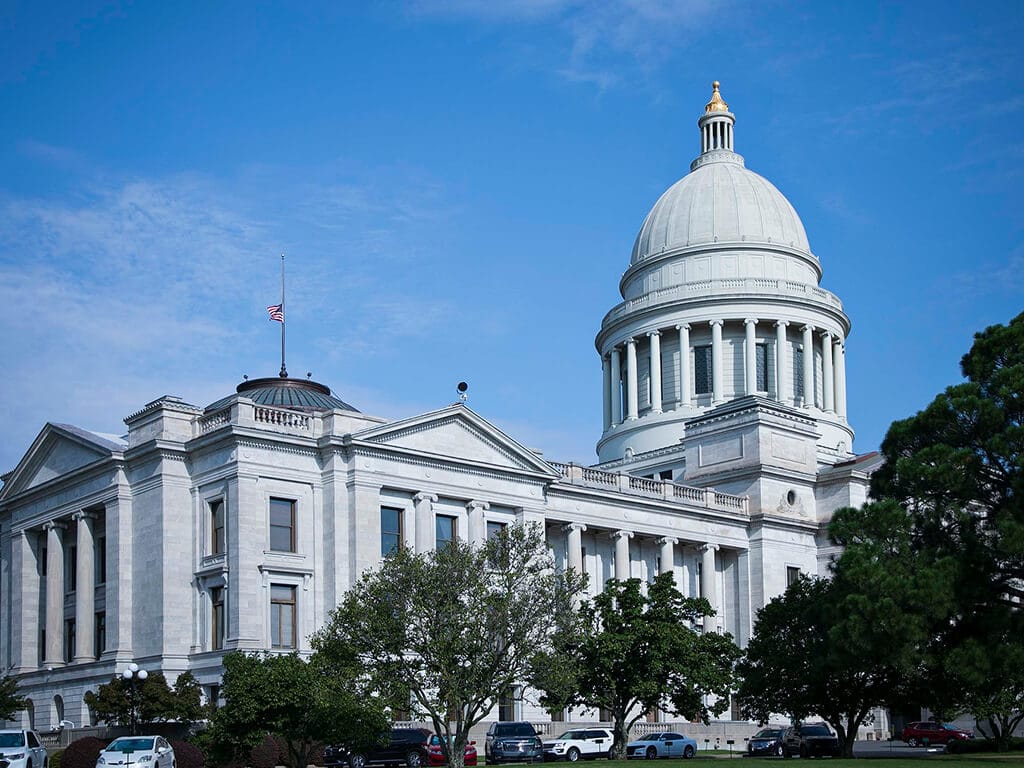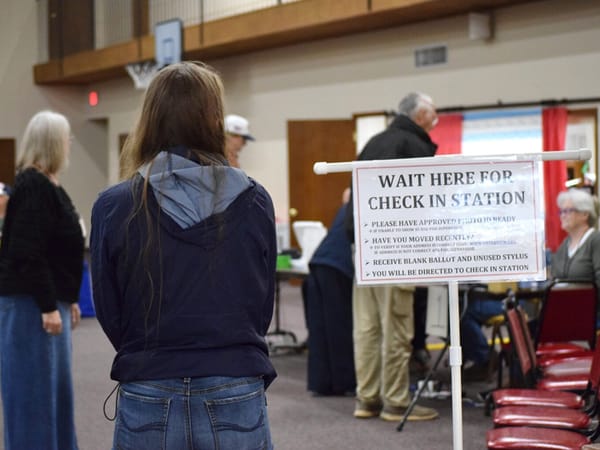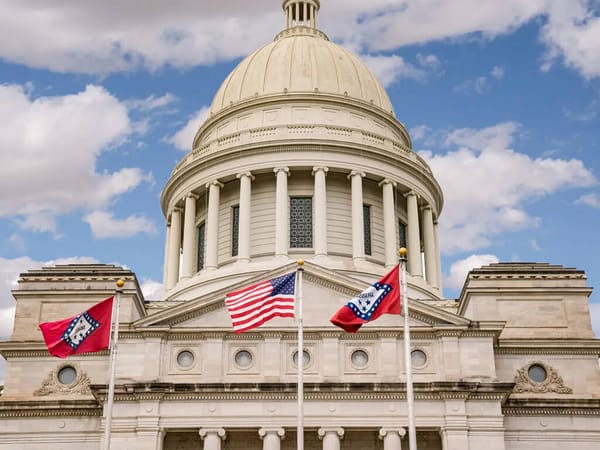Funds Restored, Relief Returns to Arkansas Towns on the Brink
Arkansas lawmakers voted to restore withheld turnback funds to 40 municipalities and gave them until December 31 to file overdue water and sewer audits, ending financial strain but attaching new conditions.

Arkansas lawmakers voted Friday to restore state funding to 40 cities and towns that had been cut off for missing a critical reporting deadline. The decision ends weeks of financial strain but comes with a new requirement for municipalities to bring their reporting up to date.
After a two-hour debate, the Legislative Joint Auditing Committee agreed to give the affected municipalities until December 31 to file overdue water and sewer audit reports originally due July 1, 2024. Under the agreement, towns must either submit their 2022 reports or provide an engagement letter from a certified public accountant promising the reports will be completed by the deadline. Municipalities that fail to meet this new requirement will once again see their turnback funds withheld.
What Turnback Funds Mean for Local Governments
Arkansas provides two types of turnback funds to municipalities. General revenue turnback funds support essential services, including emergency response, while highway turnback funds, drawn from state highway revenue, must be spent on maintaining roads that continue or replace state highways. These funds are especially critical for smaller towns, many of which do not collect local taxes.
To qualify for turnback funds, municipalities must submit water and sewer audits within 18 months of the end of a fiscal year. Under Act 453 of 2023, lawmakers can instruct the state treasurer to withhold funds from any municipality that misses this deadline. Funding can only be restored once all required reports through the most recent fiscal year have been filed.
In July, the Counties and Municipalities Subcommittee of the Legislative Joint Auditing Committee directed the state treasurer to withhold turnback funds from 43 municipalities that had not submitted their 2022 water and sewer audits. Since that time, three towns, Delight, Horseshoe Lake, and Pollard, had their funding restored after submitting all required reports through 2024, according to Deputy Legislative Auditor Joe Archer. That left 40 municipalities still under sanction.
Of the remaining municipalities, 14 have now submitted their 2022 reports, nine have submitted both 2022 and 2023 reports, and 26 remain delinquent, having failed to submit audits for any of the past three fiscal years. Because turnback funds are distributed on the 10th of each month, these municipalities missed their September payments. The two months of withheld funds totaled $477,797.71, according to Kathie Williams, fiscal director for the treasurer’s office.
The withholding of funds created significant hardship for smaller municipalities. Lake Village, a city of about 2,000 people, lost nearly $34,000 in August and September. The city froze spending and hiring as a result, though it has filed an engagement letter with an accountant to ensure the required audits are completed by December 31.
Elaine, a town of just over 500 residents with no local sales tax, relies heavily on roughly $4,000 per month in turnback funds. Voters rejected a local sales tax last year despite warnings that state funding might not always be secure. Without the restored funding, Elaine would have been forced to make budget cuts. City officials said they are now working with accountants to complete their audits before the end of the year.
Debate in Committee
Senator David Wallace, R-Leachville, one of the original sponsors of Act 453, proposed restoring the withheld funds and extending the compliance deadline until December 31. His motion passed in the subcommittee but faced resistance during the full committee meeting Friday.
Representative Richard Womack, R-Arkadelphia, argued for a separate vote on the issue, contending that the subcommittee’s decision could conflict with state law. His motion failed on a roll call vote.
Emily White, legal counsel for Legislative Audit, told lawmakers that the proposal implied the municipalities were in compliance with Act 453, when under her interpretation they might not be. She emphasized that the act gives the state treasurer no discretion once lawmakers certify that audits are late.
Wallace countered that legislators have a duty to make decisions outside regular legislative sessions. Ultimately, the full committee approved the subcommittee’s report on a roll call vote with 16 members in favor. The decision authorized co-chairs Representative Robin Lundstrum, R-Elm Springs, and Senator Jim Petty, R-Van Buren, to notify the treasurer that the July directive had been rescinded.
Lundstrum, one of 12 members voting against the motion, described the decision as “Dangerous uncharted territory” because it effectively altered a legal requirement. Representative Julie Mayberry, R-Hensley, also voted against the measure.
Supporters of the decision emphasized the hardship created by withholding funds. Representative Mark McElroy, R-Tillar, said many rural communities have limited access to accountants and must prioritize providing safe water and sewer services. Representative Howard Beaty and Senator Ben Gilmore, both Republicans from Crossett, highlighted the strain on their constituents.
What Comes Next
The 40 municipalities now face a firm deadline to either submit their 2022 water and sewer audits or provide an engagement letter by December 31. Lawmakers emphasized that failure to meet this requirement will once again result in the suspension of turnback funds. Towns are now working with accountants to complete the audits before the deadline.





